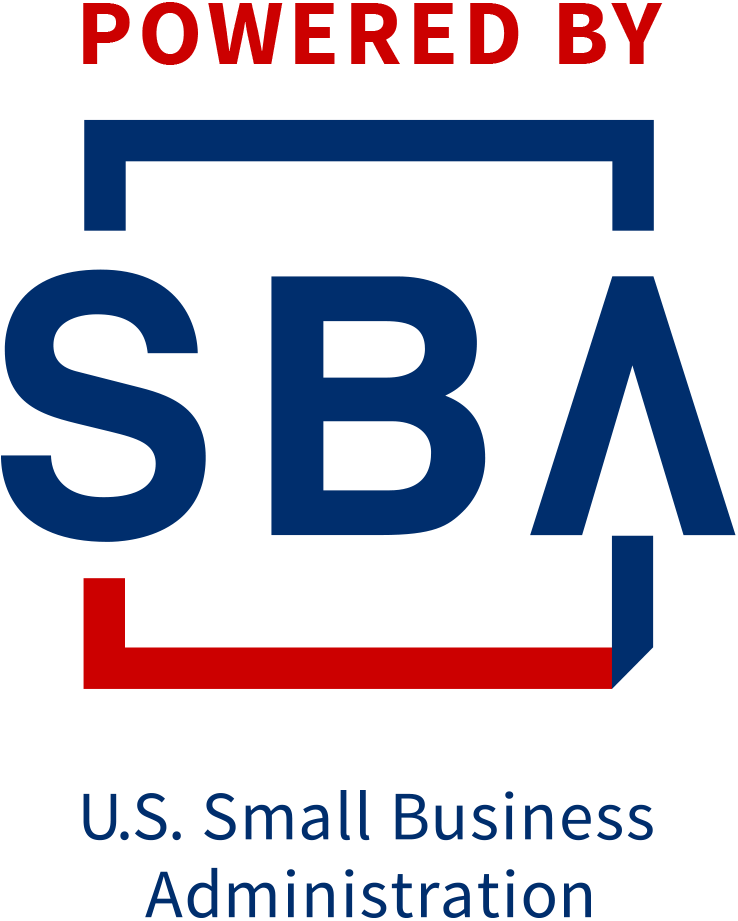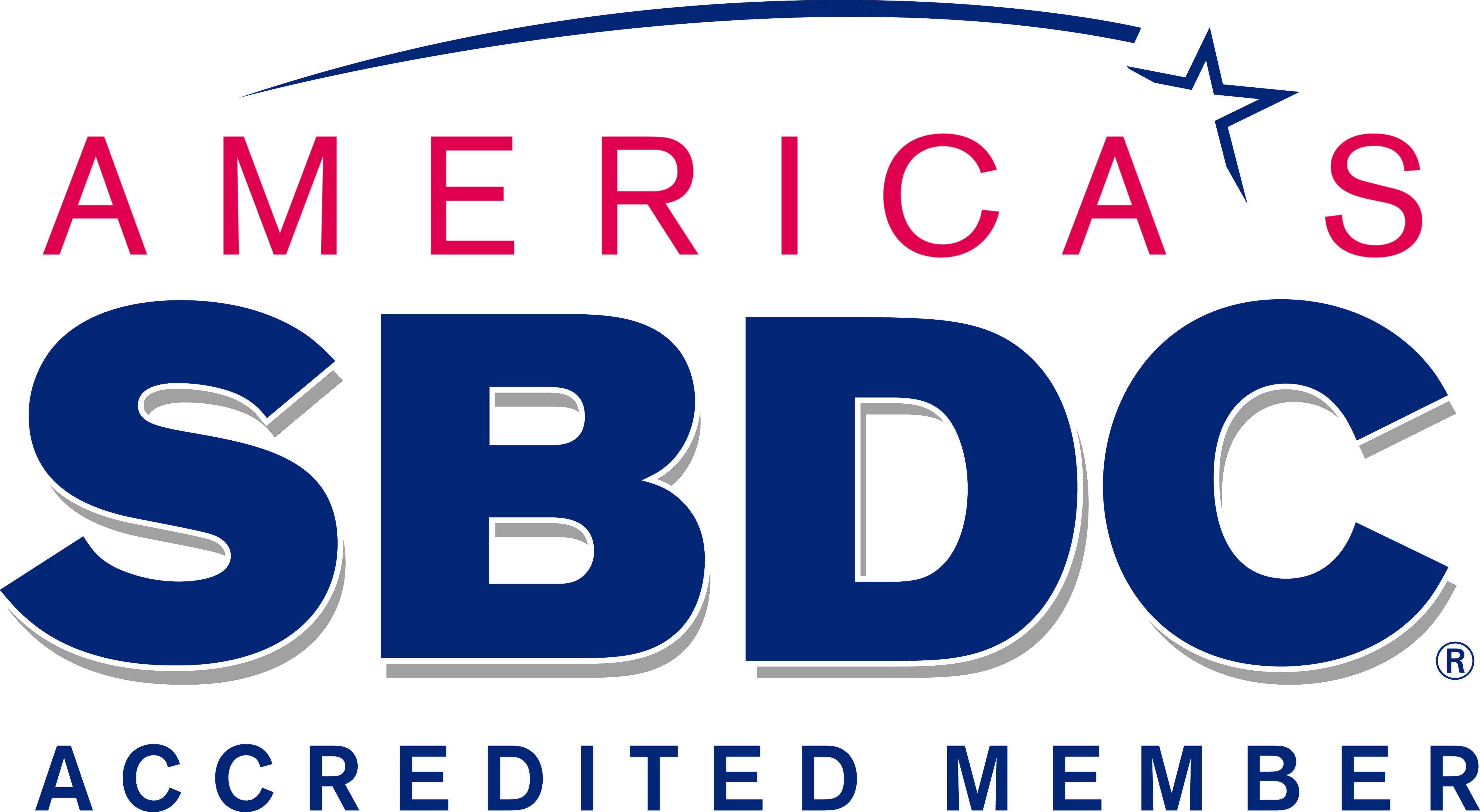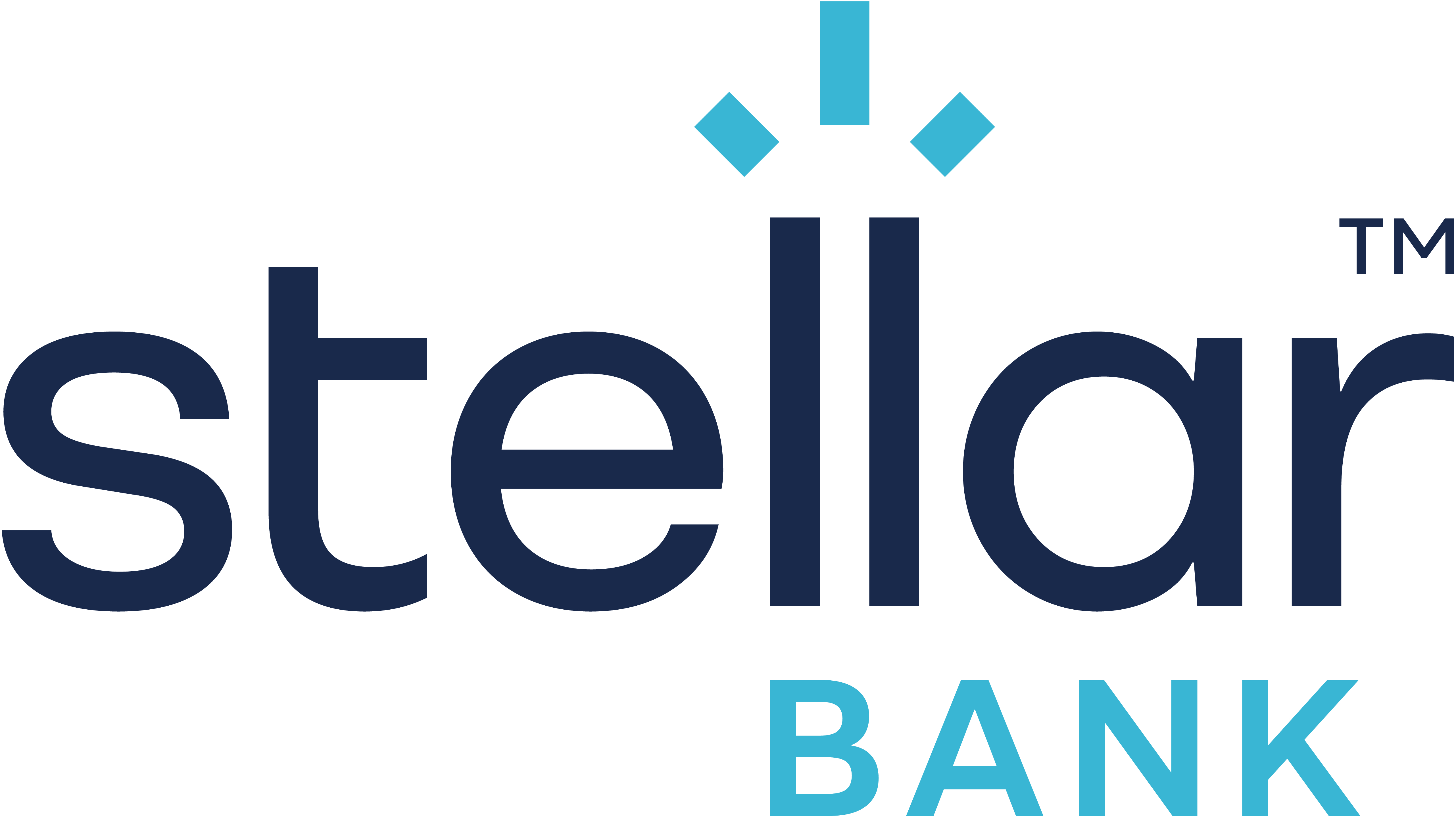FAQs
Have a question about small business in Texas? We've got you covered! Get answers to frequently asked questions on common business topics.
Starting Your Business
How do I know I have what it takes to be an entrepreneur?
Before you quit your day job or print up business cards, ask yourself these questions: Am I a risk taker? Am I good at making decisions? Do I understand basic financial and marketing principles? Do I have any experience in the business I want to start? Can I support myself and my family while I get things started? If you answer ‘no’ to any of the questions, you may want to consider another career path. If you can answer ‘yes’ to most of the questions, then it may be time to get started.
For a comprehensive look at what it takes, attend Starting Your Business workshop. All workshop attendees receive a copy of small business expert and syndicated columnist Rhonda Abrams’ Six-Week Start-Up book.
What business should I choose?
It’s a plus if you have both business and industry experience. Having worked in the industry you choose for your business gives you insight and know-how that can up your chances of success. Add passion to the mix, and you are on your way to a profitable business.
What are the steps to starting a business?
- Determine the practicality and viability of your business idea by doing a feasibility study.
- Write a business plan to create an organized ‘roadmap’ of your business idea.
- Do a cash flow analysis to see whether or not your business will generate enough cash to pay its expenses.
- Select the best legal structure for your business.
- Obtain the licenses and permits required for your business to operate.
- Determine employee and/or contract labor needs and required documentation.
- Analyze your capital needs and whether you have the credit, collateral and equity to support a loan request.
- Research the type of federal, state, and local taxes your business will pay.
Do I need a Federal Identification Number?
That depends on the legal structure you choose for your business. If you decide you’ll operate as a sole proprietorship and use your name for the business, you can use your social security number as the business identification number. Using a different name and/or hiring employees requires obtaining an Employer Identification Number from the IRS. Find Form SS-4, the EIN application, atwww.irs.gov/formss4, or apply online.
What about business insurance?
Safeguard your investment and minimize the financial risks associated with events such as a natural disaster, lawsuit, or data breach with a well-planned insurance program. The key is to know your specific risks and the types of insurance that will mitigate those risks. A current popular option is a package Business Owner’s Policy that covers General Liability, Property and Business Income Insurance. Visit the SBA’s website or speak to your insurance agent to learn what other types of coverage would be best for your particular business.
How do I know when it’s time to grow?
Although it may be challenging for a risk-taking entrepreneur to be patient, don’t become one of those failure statistics because you tried to grow too soon or too fast. Wait for signs that you have the money and the customers to justify expansion. Have you been profitable for at least three years, with a steady and positive cash flow? Is your industry on the upswing, and are enough customers coming your way? Are your customers loyal, or asking you to open a second location closer to where they live? If the signs are there, and you have the operational systems along with a robust team of employees in place, it may be time to go for it.
What’s the best way to expand?
There’s not a best way; it depends on you and your business. Your business can grow by attracting new customers, selling more to the ones you have, introducing new products or services, adding space to your current location, opening a second location, expanding your online presence, licensing your product, franchising your concept, or expanding into a new market such as government contracting or selling overseas. Consider all the possibilities and determine what’s best for you.
I’m thinking I want to grow by attracting new customers, but is that easier said than done?
It can be easier – and more cost-effective – to get your existing customers to buy more, or to buy more frequently. They already know and trust you, and have a need for your product or service. Offer incentives and rewards. Set up a frequent buyer program. Give them the inside scoop by telling them when items will be going on sale. If you also want to attract new customers, start by asking your existing customers for referrals.
I’m interested in opening a second location, but how do I know it will do well if I can’t be there full-time to run it?
Can your current business run without you being there? Will your existing customers make purchases when you aren’t there? If you would lose sales if you weren’t available to meet and greet your customers, then a second location isn’t the answer. But if you have a capable staff and things go smoothly even when you’re not available, by all means, look at a second location. But also be sure to factor in other success factors at your current location, such as traffic patterns, feeder shops in the area, the demographic of area customers, employee pool, competition, and the like. Before you decide on a second location, let the UH SBDC help you do your research.
How would I franchise my concept?
Not to discourage you from that particular growth path, but be aware that franchising your concept involves considerable time, cost and legal paperwork. First decide if your concept is a good one in terms of salability. Will your product or service appeal to a lot of consumers in other locations? Will other prospective franchise owners also see it that way? If you really think so, then think about how the change from a small business owner into a franchisor will change your life. You’ll be selling and supporting franchises instead of running your business. If that appeals to you, then look into the financial implications and legal requirements and begin to think about how you would set things up.
Financing Your Business
Can I get a grant to start my small business?
Contrary to what you may have heard on those late night commercials, there are very few grants for the start-up of a small business. The few that are available are for high tech businesses through the SBIR/STTR programs, or are given by community organizations in rare and special circumstances to spark economic growth in their local area. Typically, grants are awarded to non-profit organizations like the UH SBDC that in turn provide resources and assistance to help small businesses get started. Visit your local library or www.cfda.gov for more information.
Will the UH SBDC lend me money to start or grow my business?
No, the SBDC does not lend money. We can, however, help you determine your financing needs, evaluate your eligibility for financing, and assist you with putting together a business plan and other loan application documentation. If you’re looking for a loan, we suggest you start with your regular banker. If you don’t have an established banking relationship, we have inside knowledge of many lending institutions that may benefit your chances of getting financing. We can match your business, credit, and project with an appropriate lender, increasing your odds of getting the money you need.
What about the SBA and their guaranteed loans?
The U.S. Small Business Administration, or SBA, doesn’t lend money directly either, except in the event of a disaster. The lender, who have been pre-approved by the SBA, makes the loan, and the SBA guarantees repayment, even if the small business borrower defaults. This makes it less risky for the lender and can make it easier for you to get the financing you need. The UH SBDC can help you determine the pros and cons of going the SBA loan route.
To learn more about the various SBA loan programs, visit the SBA's website
How do I know how much money I need to get started?
All businesses are different and some have higher costs than others. Writing a well thought-out business plan with a complete set of financial projections -- including a balance sheet, income statement and cash flow statement -- will help you identify your specific needs and help your lender clearly understand your business proposition. With statistics saying that only 50% of new businesses make it past the 5-year mark, some lenders are reluctant to lend to start-ups. But if the lender is happy with your plan, your level of equity investment, the collateral you’ll pledge, and your credit score and history, your chances of getting the money you need to get started are good.
Marketing Your Business
What goes into a marketing plan?
A well thought-out marketing plan starts with who you want your customers to be and ends with how you're going to track whether or not your plan is getting the results you want. Work through the following steps to put one together:
- Collect and organize data about the current market for your product or service
- Define your target market.
- Describe your product or service.
- Describe your competition.
- Write a mission statement defining your unique selling proposition.
- Determine what marketing strategies you will use to promote your product of service.
- Determine a price for your product or service and its position in the marketplace.
- Set a budget.
- Establish quantifiable goals for sales, number of items sold, increase in profits, customer satisfaction, etc.
- Determine how you will measure results.
Your brand depicts who you are and what sets you apart from your competition. Are you the edgy newcomer in the field with the latest innovative products? Or are you the dependable old hand with long-standing roots in the community? If you’re just starting out, you have the opportunity to choose a name, create a logo, pick colors and decide on a tagline that clearly reflects your brand persona – the message you want your brand to convey. Once you have the look and feel of it in place, build brand recognition by being consistent in its use. Use your logo on all your materials, both hard copy and digital.
How do I get started with social media for my business?
Before you jump on the social media band wagon, you need a plan. That means doing your research to determine which social media platforms your target customers are using. You also need a plan for who will handle your social media accounts. You can't just create a Facebook page or start tweeting and expect customers to flock to your business; having an effective social media presence takes time and effort. You need to create content, monitor activity, and respond to posts on a regular and frequent basis. If you don't have someone to do that, and if you don't have the time to do it yourself, you may want to wait until you have the right resources, or at least start out small.
The UH SBDC offers frequent, low-cost workshops on social media. Check out the UH SBDC's workshops & events calendar to see all the current options.
Is direct mail still a thing?
Although it may seem like digital marketing has taken over the world, there's still room for a hard copy flyer sent through the postal service. In fact, a direct mail campaign can be cost effective and get results. You'll of course want a well-designed piece and a compelling offer, but a big key to success is your mailing list. Don't waste money sending your mail to an audience that has no interest in what you're selling. Be sure there's a specific call to action, whether it's announcing a sale, a special discount, or a contest. You have to be able to track responses. Then, be sure to follow up with everyone who responds, even if it's just to say thank you.
Certification
Do I need to be certified to sell to the government?
Certification programs at the federal, state and local level are all geared to help small disadvantaged firms enjoy more opportunities to compete for contract dollars. The term “disadvantaged business” historically means a firm that is woman- or minority-owned, or located in an economically distressed area. With the exception of certain contracts that are “set aside” for only certified firms, you are not required to be certified to be eligible to bid on contracts.
However, being certified as a woman-owned, minority or otherwise disadvantaged business can give your company a competitive edge. The key to picking the certifications that will benefit your company is to first determine which agencies you want to do business with; then, find out which certification programs they recognize.
Which certification programs apply to doing business with the federal government?
If you want to do business with the federal government or its large prime contractors, look into the 8(a) Business Development Program. Administered by the U.S. Small Business Administration, this is more than a certification program. Participants are given a broad scope of assistance to help them build their competitive know-how and win contract awards. The SBA also administers the HUBZone program for businesses in distressed urban and rural areas to help them access more opportunities. Learn about the SBA's programs here.
Does the State of Texas prefer certified vendors?
Small, minority- and woman-owned businesses are considered Historically Underutilized Businesses in Texas and can apply for status as a Historically Underutilized, or HUB vendor. State agencies are required to make a good faith effort to find HUB vendors, and have goals to award a certain portion of their contracts to HUB vendors. Find all the information you need to apply for HUB certification at the Texas Comptroller's website.
What about local government agency certification programs?
Local entities such as the City of Houston and METRO also have certification programs. In fact, the City offers a variety of programs for minorities, women, persons with disabilities, small business enterprises, and disadvantaged business enterprises. Find more information here. METRO's certification is based solely on business size, not on the owner's race or gender, and the application must be submitted online.
What about getting certified to do business with the big prime contractors? Are there special certifications for that?
Large corporations such as Fluor, NRG, and United Airlines all want to find qualified suppliers for their contract awards, and they frequently look first to businesses certified through the Women's Business Enterprise Alliance, and/or the Houston Minority Supplier Development Council. Certification through these two organizations means more than just access to contract opportunities; there are also opportunities for networking with potential customers, as well as training and education to help you improve your business management skills.
Do I have to pay to get my business certified?
Getting certified to do business with the government is always free. However, there may be some fees associated with the overall process. For instance, if you get certified as a HUB vendor with the State of Texas, you may also want to be listed on the State's Centralized Master Bidders List, and there's a $70 annual registration fee for that. The organizations such as WBEA and HMSDC that provide certifications for doing business with private sector companies do charge fees. Before you pay for any certifications or registrations to do business with the government, look first to the UH APEX Accelerator. They are the experts when it comes to government contracting, and they never charge a fee for their advising services, including helping you through the certification process.







